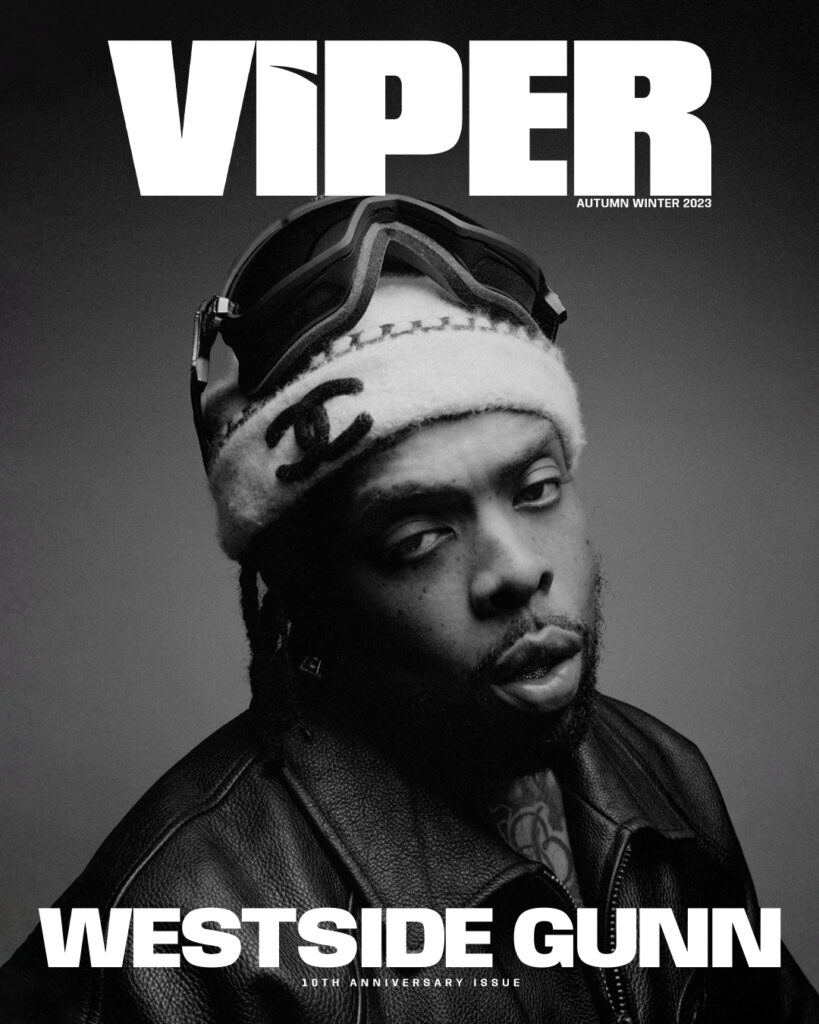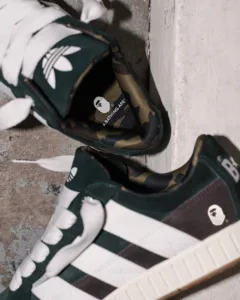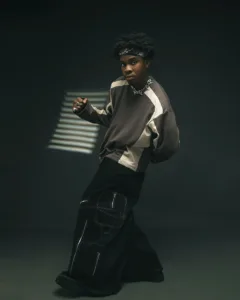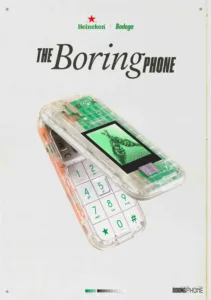Individuality in music is something a lot of artists struggle with. In a current climate where the Internet is the main influencer, artists can pick and choose whatever persona they want for the sake of recognition. Not UK rapper Knucks, who is blazing a trail his way. A real student of the game, not many UK artists would be so bold and brazen to craft their debut project off an all-time classic – but that’s exactly what he did with 2014’s ‘Killmatic’, moulded in the vein of Nas’ immortal ‘Illmatic’. Exquisitely executed, it traded the hard streets of Nas’s Queensbridge for the equally diverse roads of Knucks’ South Kilburn, showing the similarities of many of the world’s hoods and bringing him a different kind of buzz altogether.
Knucks’ story is one of ultimate triumph following a tough start; a self-confessed troublemaker at school, he was sent to Nigeria by his parents where he would find spiritual wisdom and understanding, before returning to the U.K. to tackle his new calling – music. Continuing to juggle his passion with a university degree, he took matters into his own hands, dropping arguably his most important hit so far, ’21 Candles,’ on SoundCloud the day before his 21st birthday, in the midst of final exams. The result was a smash that put his name on the map. He followed that with another banger, ‘Breakfast At Tiffany’s’, leading to further critical acclaim. All of this made the hustle worth it, as he came to the realisation that music was an avenue he could really thrive in.
Sonically, Knucks weaves together golden age hip hop with old school soul sensibilities via more contemporary UK sounds, for a laid back, worldly brand of rap. His lyrics are as topical as they are hard hitting. He shies away from the type of topics that trickle throughout the material of many of the new generation – namely violence – and is not about posing on record. What you see, and hear, is what you get from the young musician. After all, being himself has already brought Knucks to the brink of blowing up and he has no intention of changing that formula.
Now free from education, Knucks’ focus can now really be on the music and building on the foundation he has built for himself. Viper chopped it up with him in his north London studio, where he laid out his journey, ambitions and opinions on rap beef.

Where does your name come from?
There’s a game we use to play in secondary school called knuckles, when you kind of bang each other’s knuckles together and I was really good at it. So, my original tag was knuckles and around the time I wanted to put out ‘Killmatic’, I realised my name was a bit dated so I shortened it.
What was your upbringing like?
I grew up in South Kilburn, north west London with a brother, sister, Nigerian parents. Lived there till I was about 12, went to Nigeria for a year for boarding school, came back and lived in Watford.
What did you get sent to Nigeria for?
Just bad behaviour, man. I was in secondary school for only one year before I went to Nigeria so that year must have been really bad. I don’t remember half the shit I was doing. Imagine, I had a show the other day and one of my friends from my old secondary school was there. He came over and was like, “Yo I remember all the mad shit you used to do, I remember when you dashed a table at the teacher.” I was like, “What?!” My parents gave me a pre-warning; they asked me if I wanted to go and I started crying. Like, I was not on it at all and I thought that was the end of that. Then it’s summertime and me, my dad and my brother go to Nigeria, I thought it was a holiday for all of us. We were there for about three weeks and then my dad and my brother decided to leave and leave me there. So I stayed there for the rest of the summer then started boarding school.
How did you find Nigeria when you got there? Do you go through any kind of culture shock?
Nigeria is slower than England. Here, everything is fast paced and when I got to Nigeria, the fact that it was slow gave me more time to think. I liked that aspect of it, but I was also kind of lucky because I had been there for the summer so I had time to adapt. I had my aunty and cousins there so I had time to get used to the way of life before boarding school. When I got there, it wasn’t that much of a shock, because I learned how to wash clothes by hand and that beforehand.
When you came back to England, how easy was the transition back to a place where you once lived?
It was mad, very difficult. I went from living in London to living in Watford just outside of London and I had to go to a new school that I didn’t like at first, with bare white people. It felt like coming back from a prison sentence – coming back after a year and seeing bare shit happening around me. I had to relearn a lot of things, but I did it.
How important was your time in Nigeria to you as a person?
The biggest thing is religion. Nigeria is a very religious country and it instilled a lot of morals into me that I didn’t have before and what made me go there. Being able to have the time to think what I wanted to do in life at such a young age really helped me. Because the U.K. is such a fast place, people don’t really have time to stop and think about what they’re doing. Back then, I wasn’t going to school to learn; I was going to see my bredrins. But Nigeria helped me get my head together so that when I came back I was enlightened.
When did music became an option for you?
I knew I wanted to rap but never thought I would be serious about it. Before I went to Nigeria, I did grime here and there and even in Nigeria I would just hum the grime beats that I liked. So, when I came back, I started learning how to use FL Studio to make some of the beats I’d made in my head. It was little things like that that let me know that I love music, not just as a hobby. I didn’t think I would be doing it for a job but it has been a big part of my life. When I came back Giggs was popping and at the time I was making more lyrical grime like Dot Rotten, who is one of my favourite rappers, before transitioning to rap and sticking with it.
So, who won the beef between him and P Money?
The thing with that was it become less about the clash and more about who was telling the truth and it got too personal. But to this day I think Dot Rotten is better, before after all the things he said were found to be not true, people are going to say that P Money won the clash.
How do you see yourself developing as an artist/person?
As an artist, I see myself becoming a better writer. I’m not the best but by practising my craft and studying my craft I can become a better writer and producer. By working with other people and experiencing new things and learning. As a person, just living life and going through shit.
This is an extract from Issue 8, The Nomad Issue of Viper Magazine. Read more from the magazine here. Buy physical and digital copies here.
Words by Yemi Abiade
Photos by Thursday
@TWITTER
@SOUNDCLOUD



